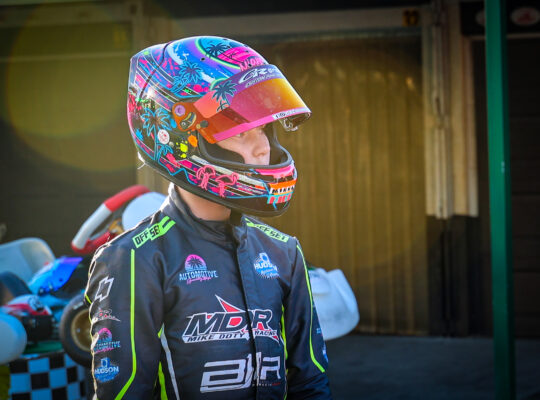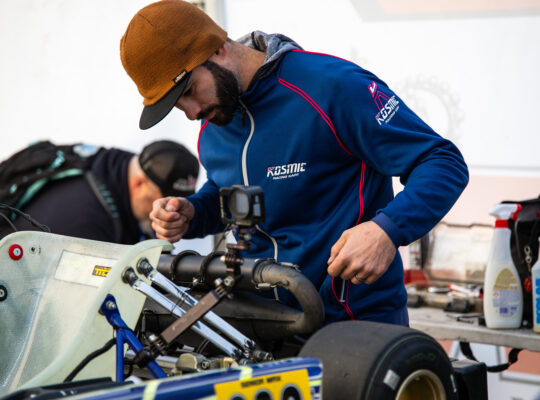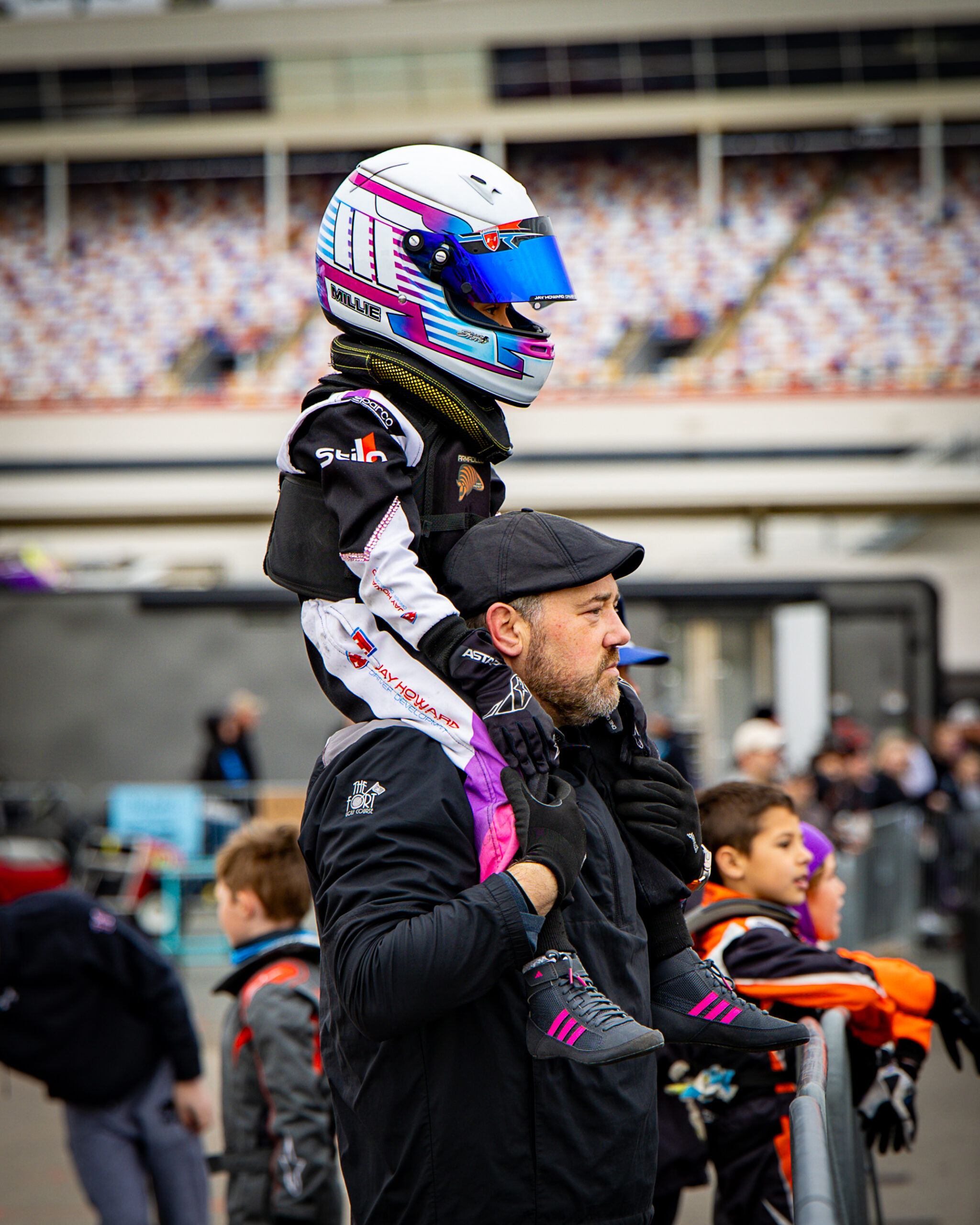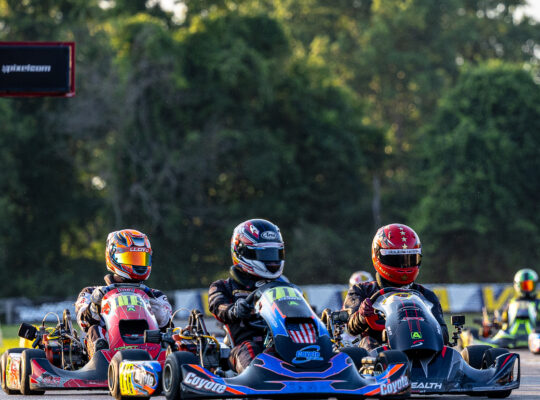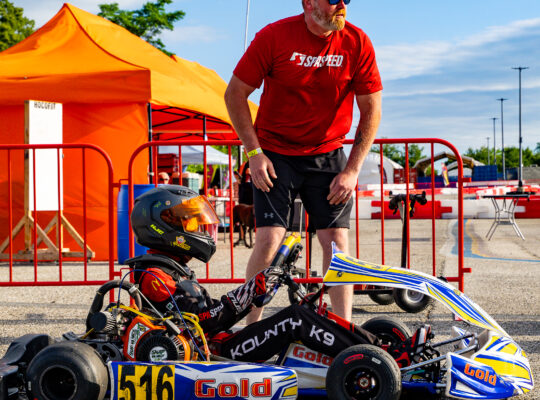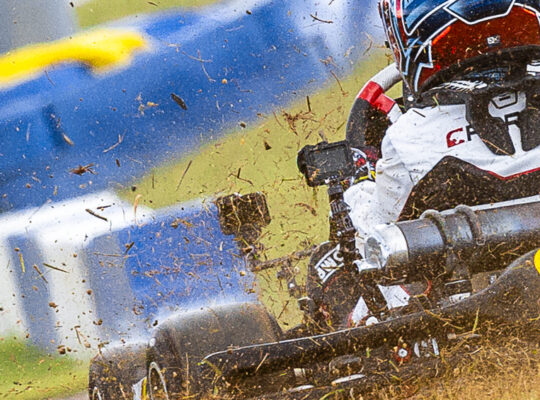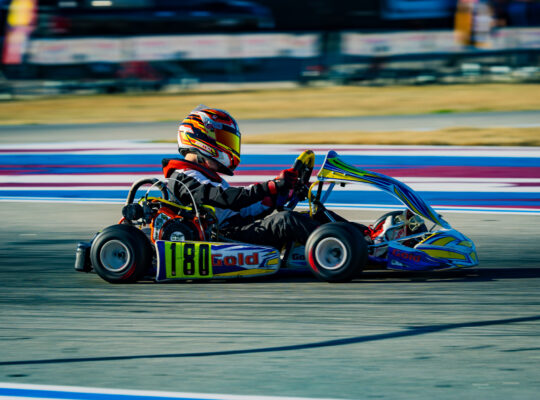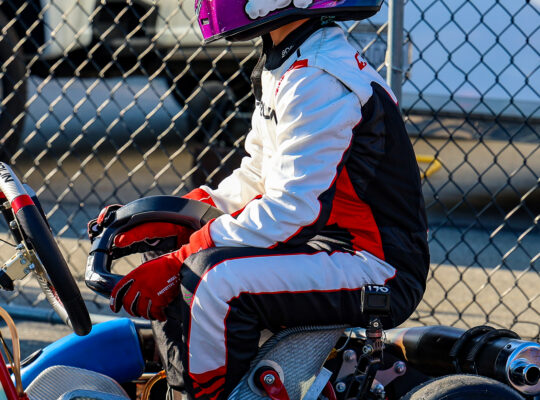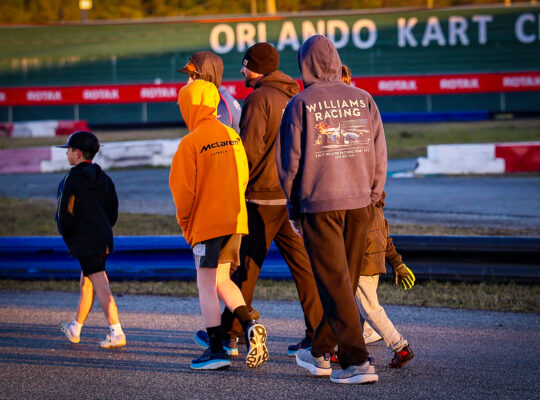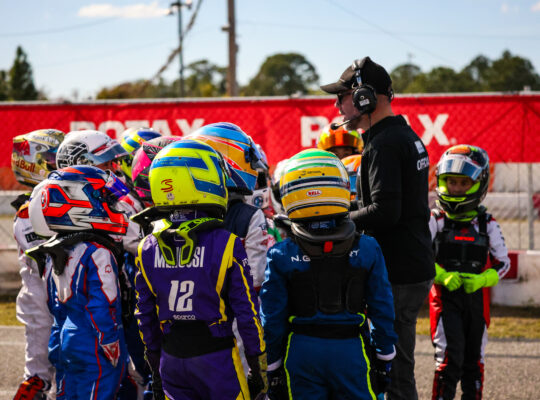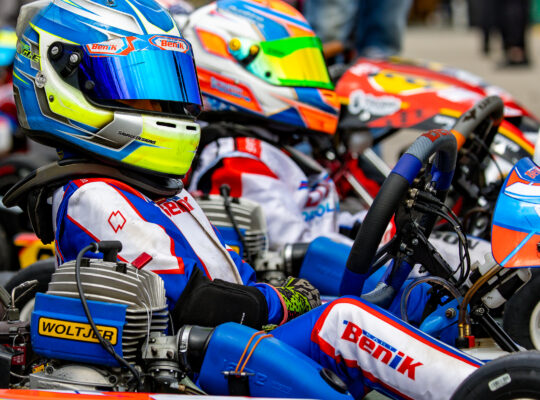Not every race goes to plan. A missed apex, a mechanical issue, or just an off day can leave your young driver feeling frustrated. As a parent, your response in these moments can make all the difference. Here’s how to support your child through race-day disappointments and help them grow stronger from the experience.
1. Acknowledge Their Feelings
It’s natural for kids to feel upset after a disappointing race. Avoid the urge to immediately cheer them up or downplay their emotions. Instead, give them space to express how they feel. A simple, “That was a tough race,” can open the door for them to share more.
2. Focus on Effort and Growth
Shift the focus from the outcome to the effort they put in. Highlight specific moments where they showed determination or skill, even if the result wasn’t as hoped. This reinforces the value of perseverance and continuous improvement.
3. Encourage Reflection
Once emotions have settled, guide your child to reflect on the race. Ask questions like, “What did you learn?” or “What would you do differently next time?” This promotes a growth mindset and helps them view setbacks as learning opportunities.
4. Maintain Perspective
Remind your child that one race doesn’t define their abilities or future in the sport. Share stories of professional drivers who faced challenges and how they overcame them. This helps them see that setbacks are a normal part of any racing career.
5. Reinforce Unconditional Support
Ensure your child knows that your support isn’t tied to their performance. Celebrate their dedication, sportsmanship, and love for racing. This builds their confidence and resilience, knowing they have a strong support system regardless of race outcomes.
Final Thoughts
Race-day disappointments are inevitable, but they also offer valuable lessons. By supporting your child through these moments with empathy and guidance, you help them develop the mental toughness needed for both racing and life.
Sources
This article draws on insights from sports psychology experts, youth athlete development programs, and practical advice from experienced racing parents and coaches.



